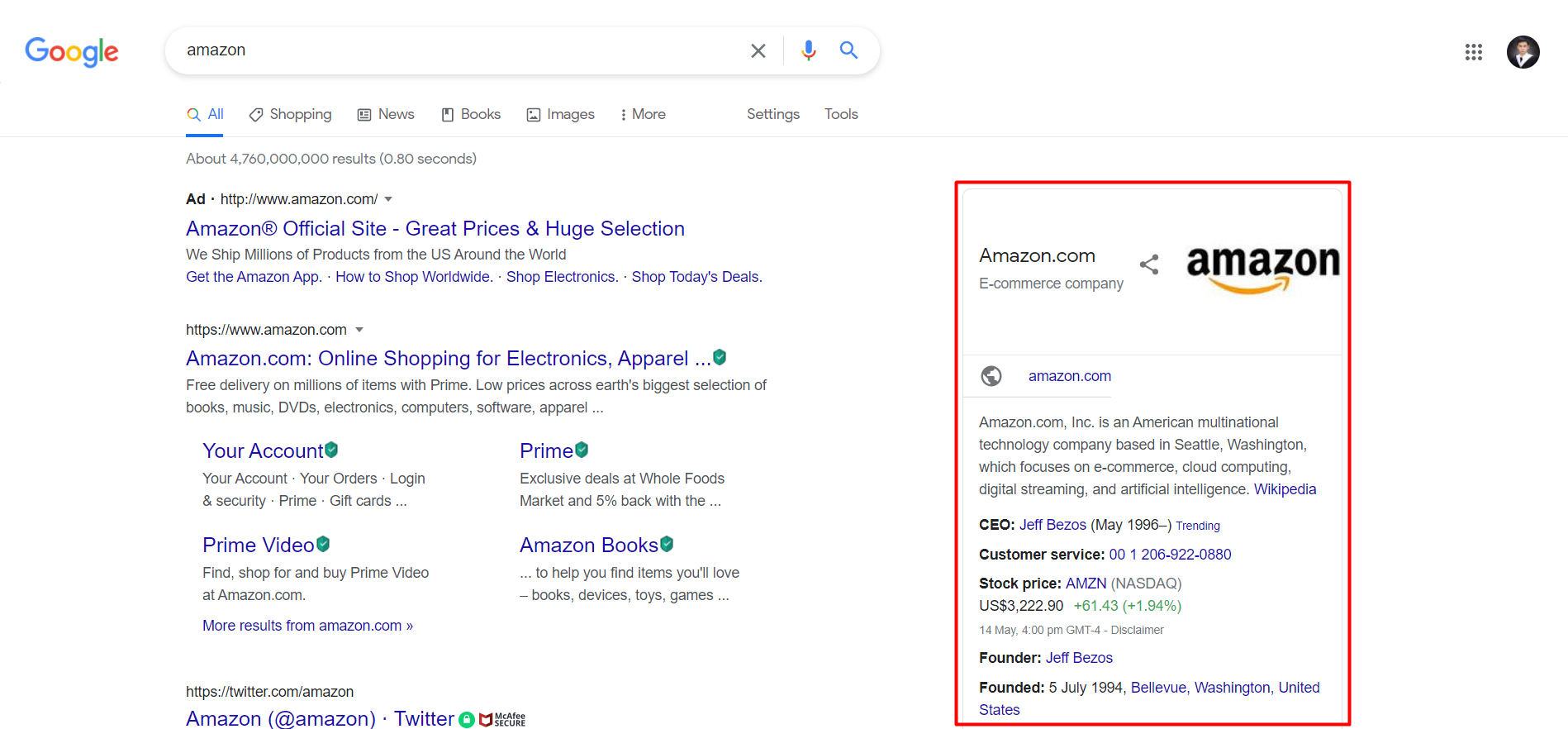
What is the Difference Between Keywords and Entities?
You may have heard of a new term closely linked with keywords in your SEO efforts—entities. Some people think that the two are the same thing; however, they are pretty different. Let us discuss the differences between keywords and entities and how they work together to improve one’s SEO.
What are Keywords?
The words or phrases that people type in their search queries are called keywords. These keywords may be a phrase, a statement, or a question. For example, if you want to look for nearby restaurants that deliver food, then you may use keywords such as “nearby restaurants,” “food delivery services,” and the like in your search queries.
In SEO, your keywords serve as a connection linking your website content to people’s queries on search engines such as Google Search. As such, these keywords are extremely helpful in driving organic traffic to your site. You can do this by ranking for keywords, which allows your target market to find your brand on search engines. The more relevant your keywords are to the content of your sites, the higher their chance of ranking higher on search engine results pages (SERPs).
What are Entities?
Google defines an entity as a “thing or concept that is singular, unique, well-defined and distinguishable.” It also does not necessarily have to be a physical thing. As such, an entity may include colors, dates, ideas, and the like. These entities could also be people, products, places, businesses, and abstract ideas.
Moreover, we can consider entities as broader or larger topics from which keywords may come from. Thus, these entities should be distinct from other entities or keywords. In SEO, entities are interconnected in a knowledge graph, such as Google’s Knowledge Graph. It is a knowledge base that enhances search engine results using information collected from various sources. Google then displays the collected data to the one searching in an information box beside the search results.
Information box on the entity “amazon” created by Google’s Knowledge Graph
With the introduction of entities, search engines can present more accurate and relevant results. However, you also need to provide keywords to give more context about your search entity. For instance, look at the image above. If you search for the word “amazon,” the search engine may present you page results on the South American rainforest or the e-commerce company. Therefore, you should provide some keywords to help search engines determine which one you are looking for.
How Do Keywords and Entities Work?
When writing compelling and keyword-rich content, you need to provide keywords with context to help define an entity. Your keywords will allow search engines to help locate and link your web content to similar entities. Thus, it only makes sense to look at both your keywords and entities when improving and optimizing your SEO strategy.
It would be best to create an internal knowledge graph for your business entities using the keywords that link to various pages on your website. You can also make use of high “expertise, authoritativeness, and trustworthiness” (E-A-T) knowledge graphs like LinkedIn or Wikipedia for this. Just note that doing this may not necessarily improve your ranking on SERPs, but it can improve your page authority in search results.
How Entities Affect SEO
Today, your SEO should focus on creating connections between entities and providing links in your knowledge graph. Check out these three ways how entities can affect your SEO efforts:
-
Improved Mobile Competencies
Instead of using desktop computers or laptops, people are more likely to search for something using their mobile devices. As such, mobile-friendliness has become another ranking factor for websites. Thus, it would be best if you expanded your SEO activities to include mobile results. Doing so also contributes to your site’s mobile-first indexing, which means that search engines prioritize mobile results over desktop.
-
Do Away with Your Thesaurus or Translator
Thanks to knowledge graphs, search engines can already know the synonyms and translations for the word that you are searching for. As such, you no longer need to make use of your thesaurus and translators to provide your keyword’s synonyms or translations on your web page. You can have an entity for every language available online and for every similar name or term.
-
Rich Snippets and Structured Data
Entities are now the new key focus in SEO. By focusing on using rich snippets, which is now the new priority, you can rank higher on SERPs. So, use structured data in your website’s blog content. In doing so, you can contribute to entities on search engine knowledge graphs. Have your web content featured in a rich snippet.

Optimize SEO with Keywords and Entities
Keywords and entities should work hand in hand to improve your website’s chances of getting that number one spot on SERPs. If you need more guidance in making the most of your keywords and entities, you should work with an SEO company in the Philippines. Improve your SEO campaigns by efficiently and strategically utilizing keywords and entities!

















Comment 0